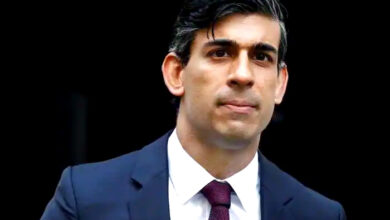PwC Australia Discloses Names of Staff Involved in Government Tax Plan Leak

PricewaterhouseCoopers (PwC) Australia has identified at least 67 current and former employees implicated in the unauthorized release of confidential government tax plans. In an internal letter, which was not meant for public circulation but was later revealed, the company disclosed the identities of these individuals ahead of scheduled parliamentary hearings this week.
As one of the leading “big four” global audit and advisory firms, PwC is now facing the challenge of managing the repercussions of this scandal in Australia. The controversy emerged when a former partner, who had been consulting with the federal government on new tax legislation targeting corporate tax evasion, shared confidential drafts with colleagues to generate business opportunities internationally.
In May, a trove of 144 pages of partially redacted emails exposed the involvement of numerous PwC staff members collaborating with multinational companies to evade a newly implemented Australian tax law. This collaboration extended to PwC offices in the United States, Britain, Singapore, and the Netherlands.
Responding to inquiries from a senate committee, PwC Australia submitted a list that included four former partners connected to the leak, including the central figure of the scandal. Additionally, the firm disclosed a separate group of 63 current and former partners who had received at least one email containing confidential information pertaining to Australia’s 2016 Multinational Anti-Avoidance Law. It is important to note that these individuals may not have been aware of the breach of confidentiality.
The Australian Financial Review initially reported the submission of the staff names to the senate committee, a report later confirmed by a PwC spokesperson speaking to Reuters.
Acting CEO Kristin Stubbins publicly apologized last week for the incident and instructed nine partners to go on leave while the investigation into the breaches of confidentiality continues. While not all of the partners were named in the submission, the widening fallout led Australia’s largest pension fund to halt any future collaboration with PwC. This development raises concerns that private-sector clients could follow suit, joining the growing list of government agencies reevaluating or suspending their association with the firm.





